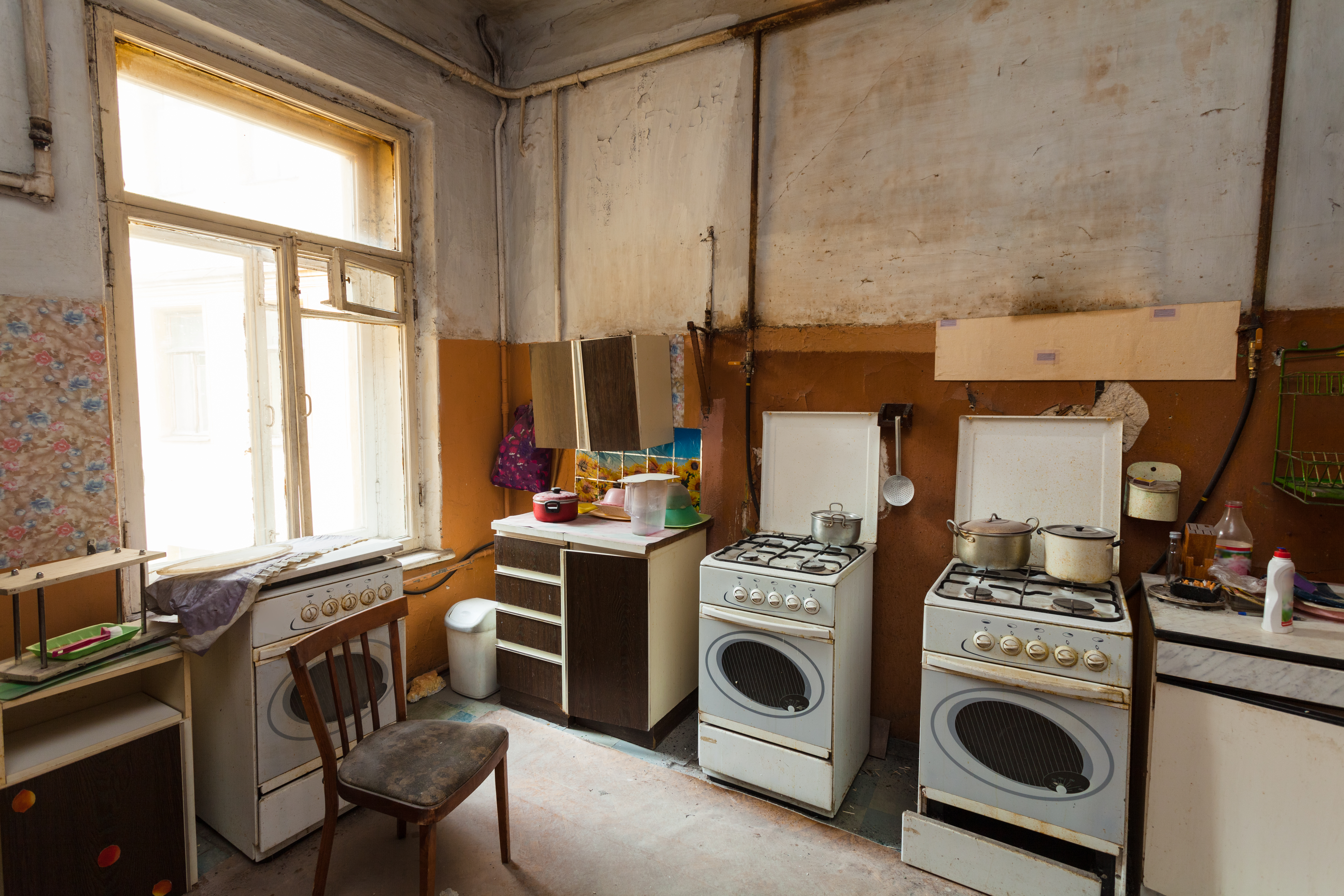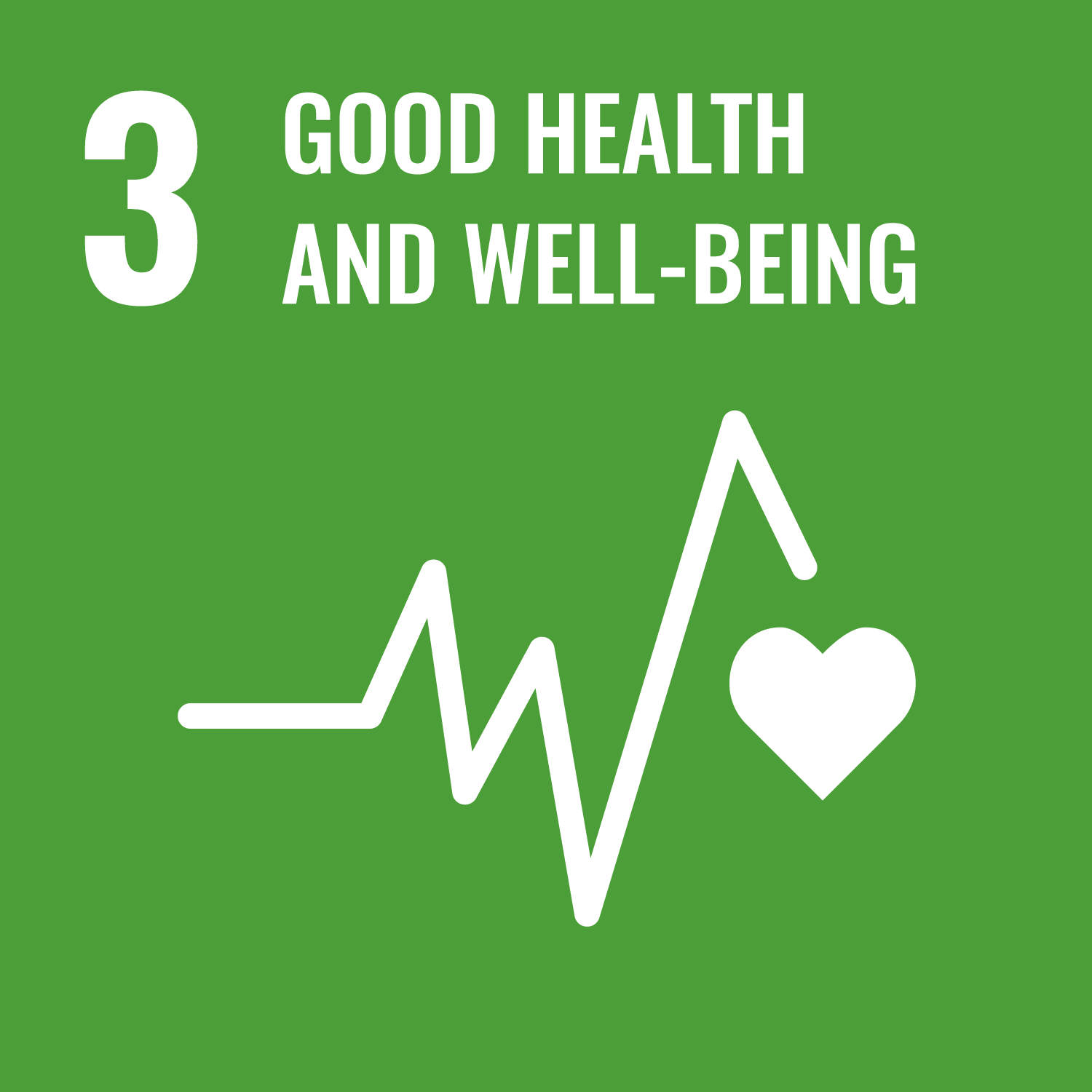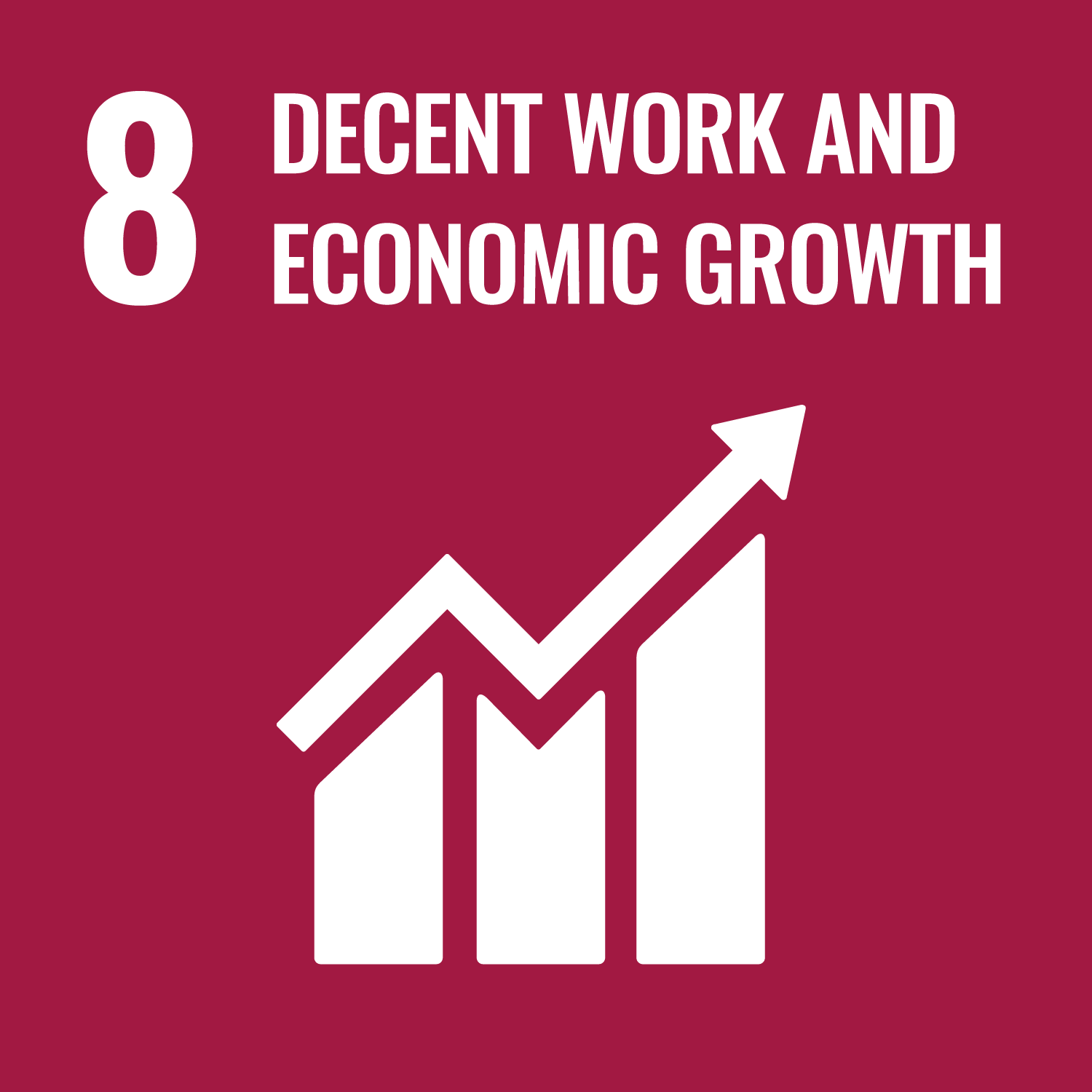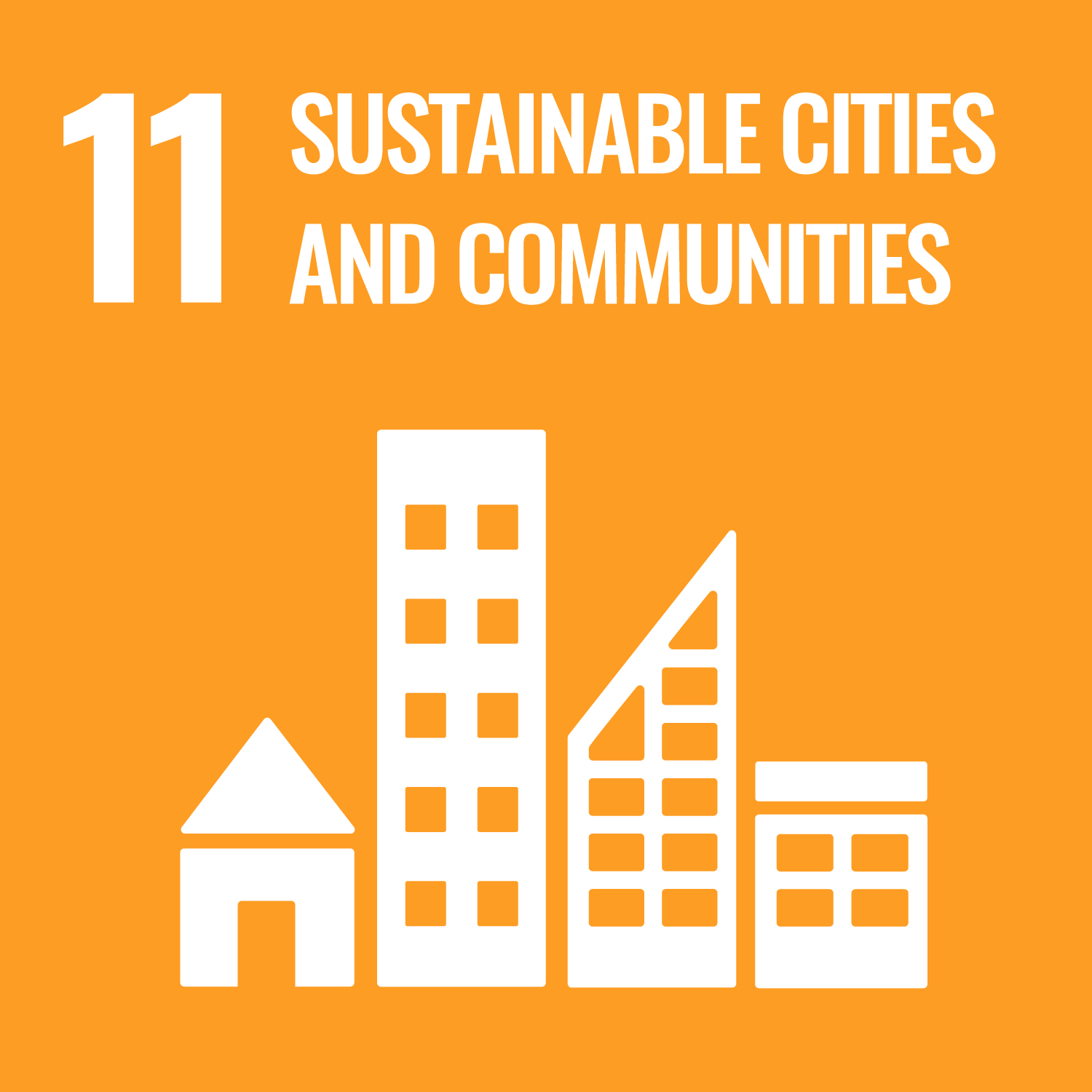With a budget over 1 million €, the objective of REECH is to create local jobs via retrofitting interventions and reduce CO2 emissions, producing a carbon calculator. However, at the local level, the project aimed at reducing fuel poverty and the improvement of the housing stock in very deprived areas of the country.
In 2010 a local politician received the information that 4% of ERDF (EU structural funds) could be used to improve the existing housing stock and, by doing so, to reduce carbon dioxide emissions. In 2010, the agency that managed those funds (directly or indirectly) was the Northwest Development Agency (NWDA) in coordination with the Department for Communities & Local Government (DCLG). Later these powers were transferred to other government agencies and departments, principally to the Homes & Communities Agency, the Department for Business, Innovation & Skills and the Department for Communities & Local Government.
The political leader lobbied throughout Liverpool and the city region to bring together the city councils of the area, so the ERDF could be spent on housing. It attracted Liverpool, Knowsley, St. Helens, Sefton, Halton and Wirral public authorities. Initially, they wanted to assign a thematic area to each city council; instead, they opted to form a steering group and appointed a management staff to lead the initiative. They committed to the project and provided resources in order to create REECH management. Apart from the bid for ERDF which triggered the initiative, REECH team matched EU funds with private resources from energy companies: CESP and CERT funds, and worked in collaboration with housing providers for energy audits, procurement and training and behavioural interventions.
The steering group is formed of staff from the aforementioned city councils, housing associations, Villages Housing Association, Helena Homes, Regenda, Plus Dane and members from Viridis. Viridis is a partnership between local authorities, many local housing providers and members from Fusion 21. Viridis aims to raise awareness in the region of how money can be saved through energy efficiency and responsible behaviour. Fusion 21 is a social enterprise that works to save money through the procurement process and providing social outcomes.
Some concrete key performance indicators (KPIs) of the project include:
- External wall insulations: >2000 houses (at the end of 2014).
- CO2 reduction: 20 736 tonnes (5 years) over 188 000 (retrofit lifetime) CO2 tonnes reduction.
- Micro-generating energy sources installed: 1500. Installed solar panels: 1000.
-

-
 Countries impacted:
Countries impacted:
United Kingdom -
 Geographical scale:
Geographical scale:
Regional and Local -
 Energy poverty phase:
Energy poverty phase:
PlanningImplementation -
 Intervention type:
Intervention type:
Consumer Advice, protection and empowermentHousehold energy efficiency and refurbishmentLabour market insertion -
 Professionals involved:
Professionals involved:
Member of a local/national authorityResearcherSocial workerTechnician -
 Type of funding:
Type of funding:
Private funds, European funds and local funds -
SDGs addressed:



Explore more



